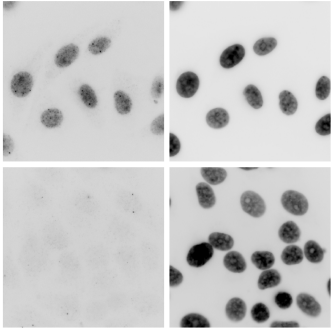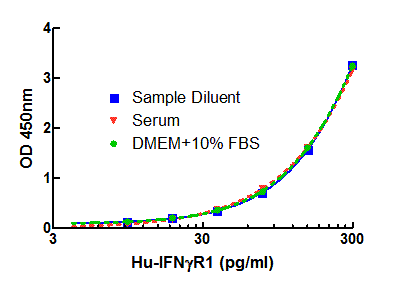A recent publication by ArrayBridge, Inc., in cooperation with Wayne State University, focuses on monoclonal antibody (mAb) Higher Order Structure Analysis.
The clinical and biological properties of protein-based therapeutics, or biologics, are closely related to their Higher Order Structures (HOS), which in turn can be altered by many physical and chemical conditions. The paper describes a novel technology to monitor changes in mAb HOS – the Protein Conformational Array (PCA) ELISA – which is based on a unique bank of more than 30 well-characterized antibodies enabling the measurement of protein epitope change on the surface of the mAb.
Using this technology, the report provides interesting findings for the first time on the HOS changes in response to the various conditions often encountered during mAb formulation development.

Specifically, one IgG1 and four IgG2 native molecules in formulation buffer were compared with the same IgG which had undergone exposure to increased temperature, pH extremes and light exposure. In addition, authors also examined the impact of glycation and de-glycosylation on the mAb HOS. This study demonstrated that the PCA ELISA is stability-indicating and can provide detailed HOS information that could be important for the successful development of monoclonal antibodies.
In addition to its value in providing a molecular level analysis of the mAb HOS and a fingerprint readout of the mAb HOS status for biosimilars, the PCA technology can also be used in novel mAb development, providing sensitive and detailed information for the further improvement of the process to eventually develop a more consistent process and high quality product.
Interestingly, the Conformational Antibody Array technology is being used by many of the leading Pharma and Biotech companies from cell line development to regulatory filing.
If you’re interested in Protein Conformational Arrays for mAb Higher Order Structure analysis, contact one of tebu-bio’s local offices near you or leave a message below!



